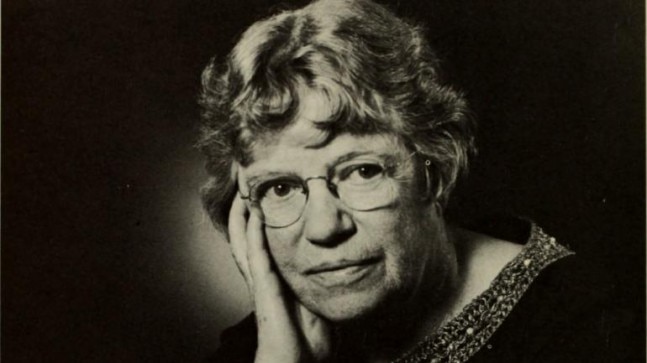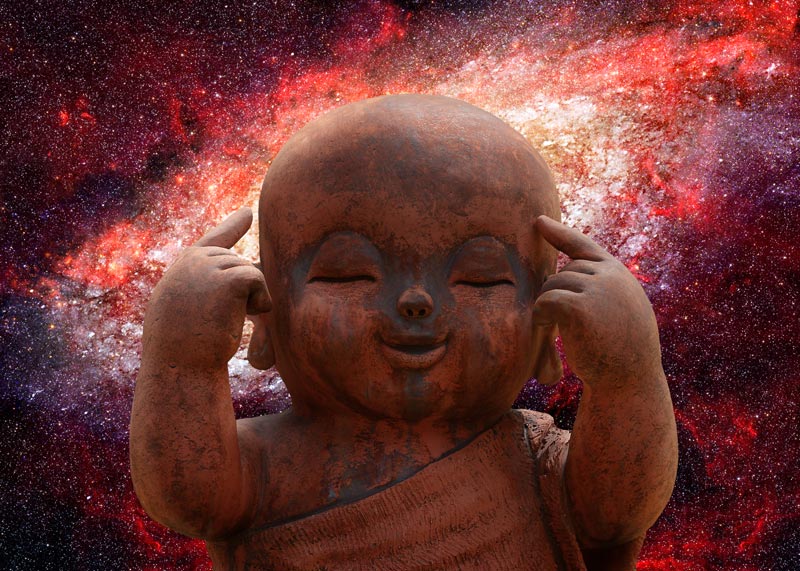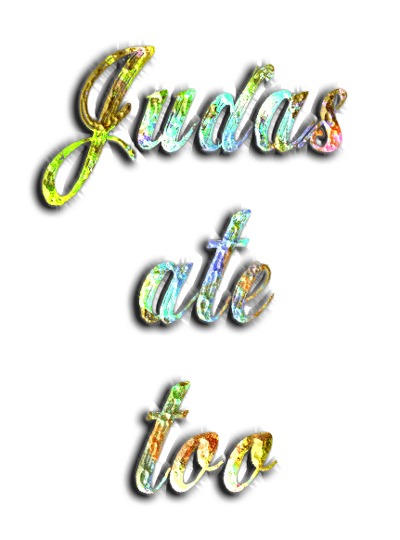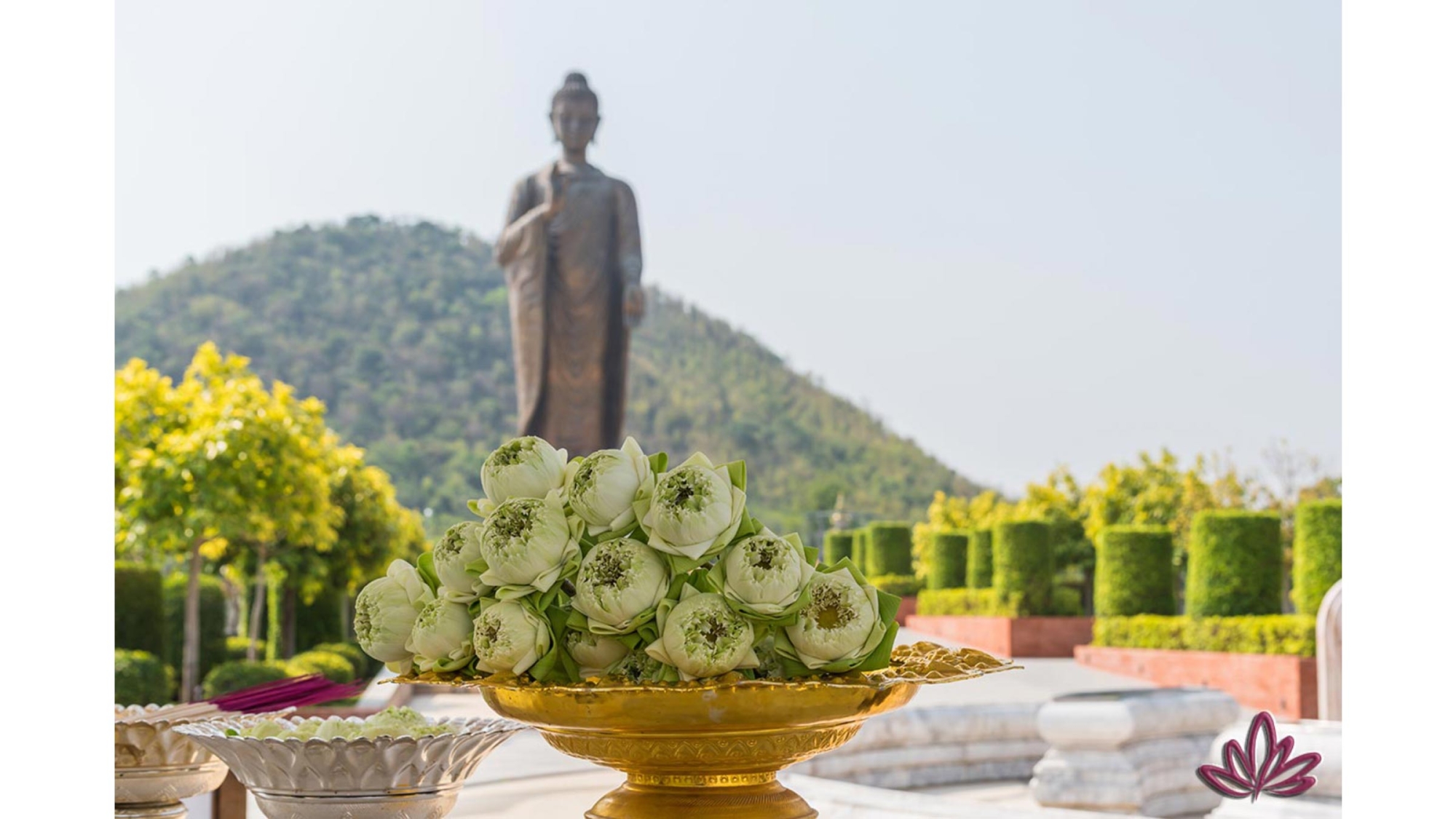A Practice To Cure Ourselves And Society In These Divisive Times
Metta is the practice of extending loving-kindness. The word, metta, comes from Pali, a language closely related to Sanskrit, in which the Buddhist scriptures are written. Metta is all about positive energy, goodwill, and kindness toward others, and includes non-violence.
The goal of metta is to build feelings of kindness for all beings, first for ourselves, and then extending outwards to people we know and then to those we don’t know or even actively dislike. The result of the practice are feelings of joy, trust, compassion, and love.
Doing metta will make you feel so much better, especially in these divisive times. And it’s easy to do. You can do it while you’re doing everything else on your to-do list that doesn’t require 100% brain power. You can do it while you’re shopping, driving, eating, or any other time when you can do two things at once: do metta and wash the dishes, work out at the gym, or walk the dog.

First, what is loving-kindness? In English dictionaries, it’s defined as “feelings of benevolent affection.” But to Buddhists, metta is a mental state which must be cultivated and maintained by consistent practice. In fact, cultivating loving-kindness is an essential element of Buddhism.
So, loving-kindness isn’t something we can just immediately wish into existence. Momentary feelings of loving-kindness can certainly occur here and there, but these moments will be fleeting, hard to generate, and, more likely, of late, utterly unattainable.
That is why the practice of metta is so crucial, especially in this insane world we find ourselves in today, with so much civilized behavior flying out the window, fanned by those whose lifetimes, whose incarnations, have been so few; there are so many people, apparently, who have not yet developed enough insight to know how to relate to others without cracking heads, verbally or physically, to get their idea across.

Margaret Mead said the advent of true civilization was uncovered when archaeologists found the skeleton of an ancient human with a completely healed broken leg. She said that another human being had to have taken care of this individual over an extended period while they were incapacitated, and couldn’t care for themselves, for them to recover sufficiently to hunt or gather again, to maintain their life.
So, for Mead, it was loving-kindness that was the stepping-stone into civilizations to come, when people decided to gather as tribes to make survival that much easier for all.
Or, to put this in more recent Star Trek terms, “The needs of the many outweigh the needs of the few, or the one.” That’s an apt description of a functioning civilization in a single sound bite.
With metta, you can keep that vibe alive, but again, you need to make it a practice. Here’s how the practice works:
First, you extend loving-kindness to yourself.
Next you extend loving-kindness to someone you love.
Next, you extend loving-kindness to someone you don’t know.
And finally, you extend loving-kindness to someone you consider unlovable.

So, join me in saying the following and do your best to feel the thoughts as you say the words:
- I am safe
- I am happy
- I am healthy
- I am at peace
Now choose someone you’re close to and love dearly; it can be your favorite person or pet:
- You are safe
- You are happy
- You are healthy
- You are at peace
Now, pick someone you’re neutral about, someone you neither like nor dislike:
- You are safe
- You are happy
- You are healthy
- You are at peace
And, finally, pick someone you actively dislike, whether you know them or not:
- You are safe
- You are happy
- You are healthy
- You are at peace
This practice, repeated often enough, will literally transform any ill will you harbor toward another human being. And don’t feel bad if you get hung up on the first part; you may find that the hardest person to send loving-kindness to is yourself! Keep doing the practice, even the first part will get easier.
The practice takes just a couple minutes or less, and it can happen anywhere; you just need to center your attention on extending loving-kindness wherever you are. For example, you extend it to the person ahead of you in line at the grocery store who’s moving so slowly, and to the cashier. Extend it to the guy who cut you off in traffic. Extend it to the individual who picks up your trash, delivers your mail, gives you your manicure or pedicure. Then extend it to people you presently find unloveable. And, let’s admit it, there seem to be more and more of them these days! That means we need to do more and more metta. We can’t demonize or vilify people, or we will all end up in “me vs thee” camps and be fatally divided.

I read a meme the other day that went something like this: We may not all be in the same boat, but we’re all in the same storm. Some of us are on yachts, some are in rowboats, and some are clinging to their surfboard.
Our job —yours and mine as awakened beings — is to help wherever we can, regardless of class, gender, ethnicity, race, politics or religion. Metta helps us to do just that.

Finally, I have to tell you about a tattoo I read recently that said “ Judas ate too.” If you think about it, at the Last Supper, that’s true: Jesus fed Judas too. Jesus prayed for Judas, he even washed his feet. It’s hard to fathom that kind of unconditional love, but it’s what we are meant to strive for. A love that can forgive even the worst betrayal. Because, in the end, each of us is Judas.
This divisive world can use more healers. And if you’d like to get more serious about healing – yourself, others, the world – consider joining one of our bestselling certification courses. Level I is a great place to start >>

